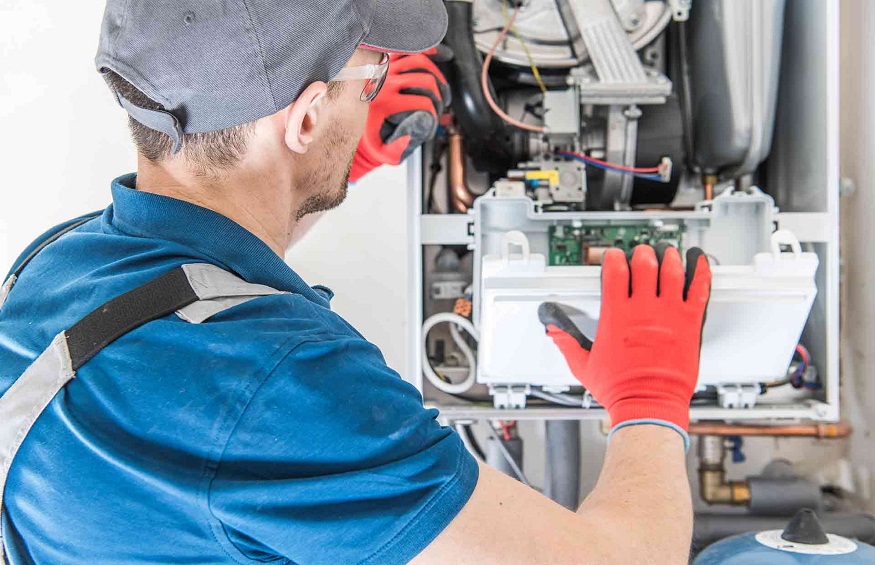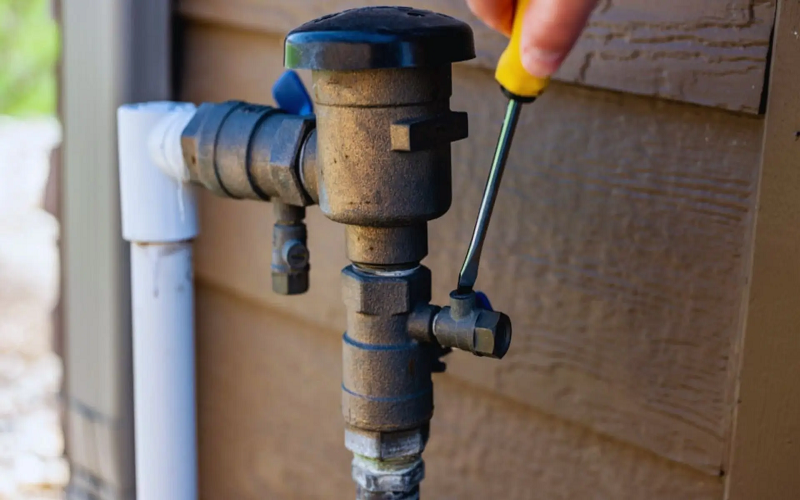Boilers are essential for keeping our homes warm and providing hot water, especially during colder months. However, like any appliance, boilers can experience issues that require immediate attention to prevent further damage or even dangerous situations. Knowing the signs that indicate your boiler needs emergency repair can help you address problems promptly and avoid costly repairs or potential safety hazards.
Emergency boiler repair involves quickly addressing malfunctions or breakdowns in your boiler system to restore heat and hot water to your home, ensuring the comfort and safety of your household, particularly during cold weather. Professional technicians respond promptly to diagnose and rectify issues, minimizing downtime and potential damage to your boiler system.
In this article, we’ll discuss some key red flags regarding boiler maintenance that should not be ignored.
Strange or Unusual Noises
One of the most common signs that your boiler needs emergency repair is the presence of strange noises coming from the unit. Banging, clunking, hissing, or whistling sounds can indicate issues such as trapped air, mineral buildup, or mechanical failure. Ignoring these noises can further damage the boiler and potentially dangerous situations.
Leaks or Drips
Any signs of water leaks or drips around your boiler should be addressed immediately. Leaks can indicate problems with seals, valves, or internal components, and if left unattended, they can cause water damage to your home and property. Additionally, water leaks can lead to a loss of pressure in the system, affecting the boiler’s efficiency and performance.
Fluctuating Water Pressure
Fluctuations in water pressure within your boiler system can indicate various issues, including leaks, blockages, or problems with the pressure relief valve. Low water pressure can prevent your boiler from functioning properly, while high pressure can put unnecessary strain on the system and increase the risk of a breakdown. If you notice sudden changes in water pressure, it’s essential to have your boiler inspected by a qualified technician.
Pilot Light Issues
The pilot light is a small flame that ignites the gas in your boiler to heat the water. If you notice that the pilot light is frequently going out or burning yellow instead of blue, it could indicate a problem with the gas supply, thermocouple, or ventilation. A faulty pilot light can prevent your boiler from operating efficiently and safely, so addressing any issues is crucial.
Carbon Monoxide Presence
Carbon monoxide (CO) is a colorless, odorless gas that can be produced by faulty boilers and poses a serious health risk to you and your family. Symptoms of CO poisoning include headaches, dizziness, nausea, and confusion. If you notice any of these symptoms or if your carbon monoxide detector goes off, evacuate your home immediately and contact emergency services. CO leaks require immediate attention by a professional technician.
Reduced Efficiency
If your boiler takes longer than usual to heat your home or provide hot water, it could be a sign of reduced efficiency. Reduced efficiency can result from various issues, including mineral buildup, faulty components, or inadequate maintenance. Addressing these issues promptly can help restore your boiler’s efficiency and prevent further damage.
Ignoring signs that your boiler needs emergency repair can lead to costly repairs, property damage, and even safety hazards. If you notice any of the red flags mentioned above, you mustimmediately contact a qualified technician to inspect and repair your boiler. Investing in regular maintenance and addressing issues promptly can help keep your boiler running smoothly and efficiently, ensuring the comfort and safety of your home.


